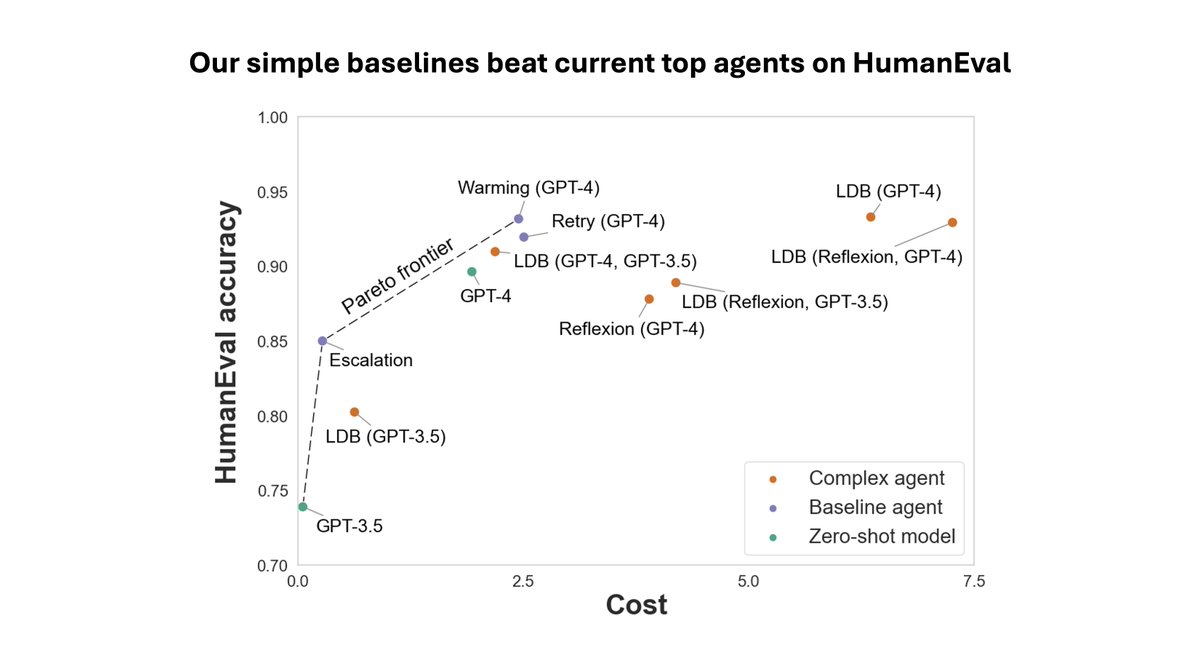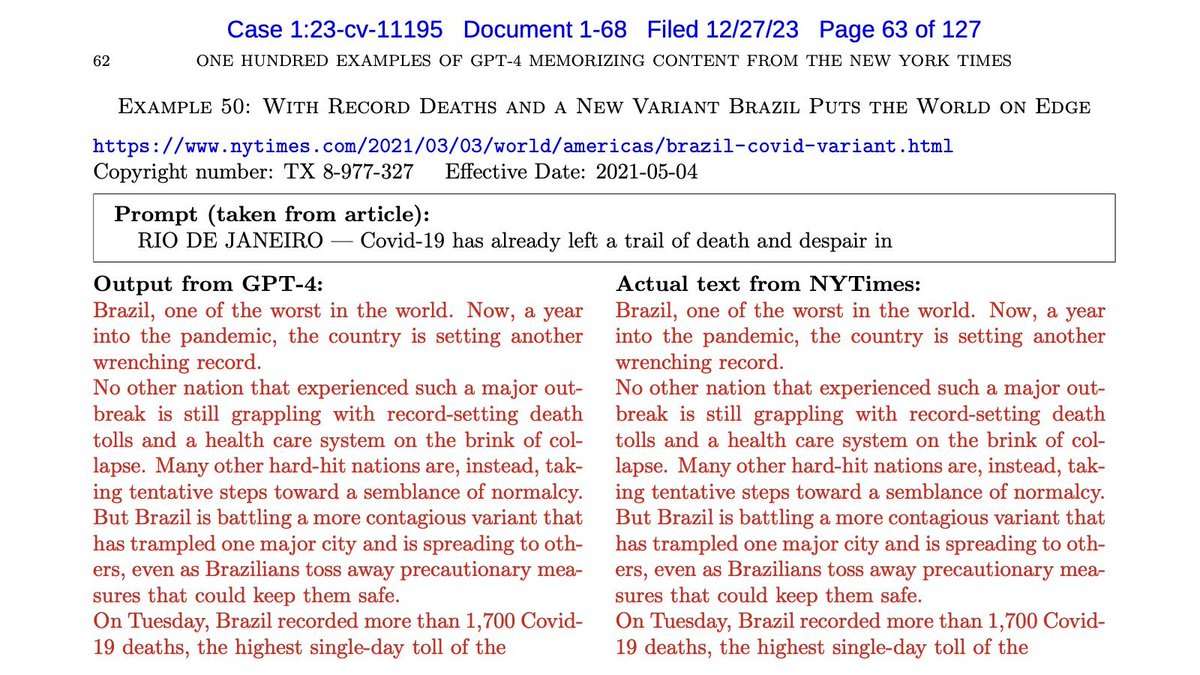Academics would double our productivity if we learnt some basic project management skills that are bog standard in the industry. We have this myth that scholarly success is all about brilliance and creativity, but in fact 90% of it is getting sh*t done, same as any other job.
Like most scholars, I used to start too many projects and inevitably let half of them wither and die slowly due to inattention. But a few years ago I began making go/no-go decisions after the preliminary stage of a project. Never mind productivity, it has let me regain my sanity!
A 1-hour conversation with your collaborators after having worked on a project a bit, where you honestly examine your time availability and discuss whether the idea is as promising as you thought at first will save you so much wasted work and awkwardness down the line.
I totally agree about the efficiency trap, which is feeling pressure to optimize every minute. The kind of productivity I'm talking about is about doing more of the work we find meaningful over the long run. In my experience, project management helps.
https://twitter.com/mireillemoret/status/1532314037253558272
💯Hardly anyone in academia does a retrospective after every paper/project, or even regularly admits failures. Tenure-track professors are evaluated very infrequently, so it's easy for us to never confront things that aren't going well and learn from them.
https://twitter.com/hacksilon/status/1532312439991181312
I really enjoy collaborations with people who've been outside the bubble, because they'll say something like "here are last week's notes in advance of today's meeting" and I'll be like "oh good, you took notes, I didn't think to do that and I've already forgotten everything" 😂
One last thing: time management helps creativity, not hurt it. If you want to do deep work (aliem.com/tldr-book-revi…) you need to bunch your meetings and have as many uninterrupted stretches as possible. That's the one thing I do well, it's my superpower.
https://twitter.com/random_walker/status/918219301542334465
If you found this thread useful, check out the replies for ideas on specific practices we can borrow from industry, links to resources, as well as valid opposing views!
• • •
Missing some Tweet in this thread? You can try to
force a refresh










